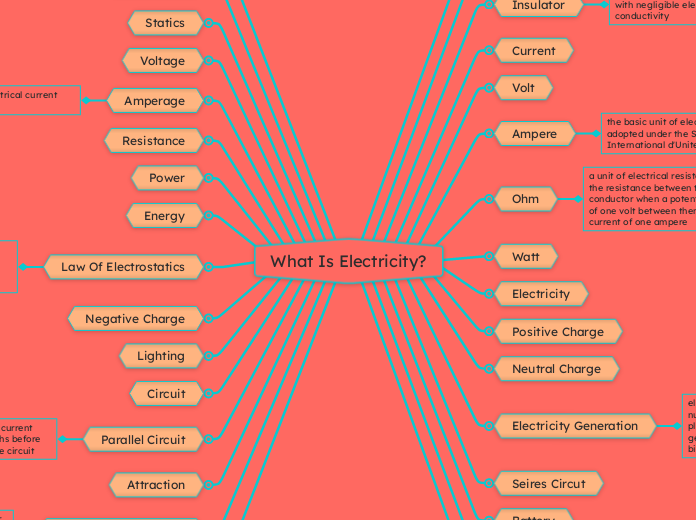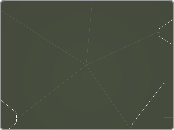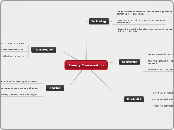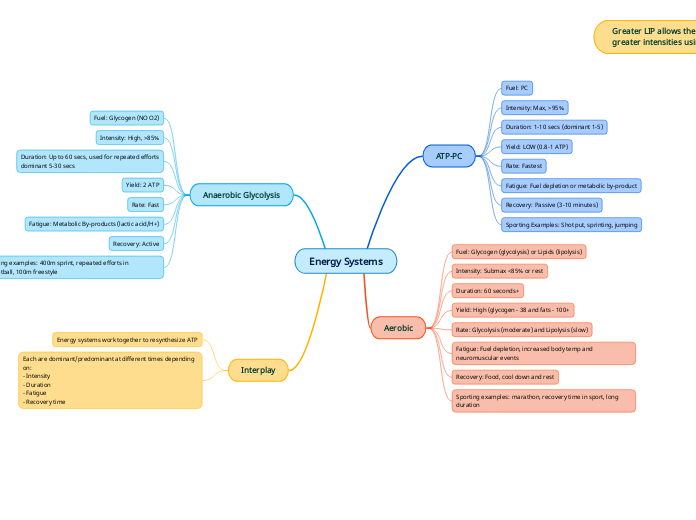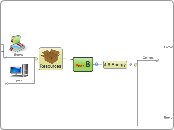door LARRENZO GATLIN 1 jaar geleden
90
What Is Electricity?
Electricity is a fundamental force that powers countless aspects of modern life. It involves various concepts such as voltage, which measures the potential difference between two points, and current, which is the flow of electric charge.
